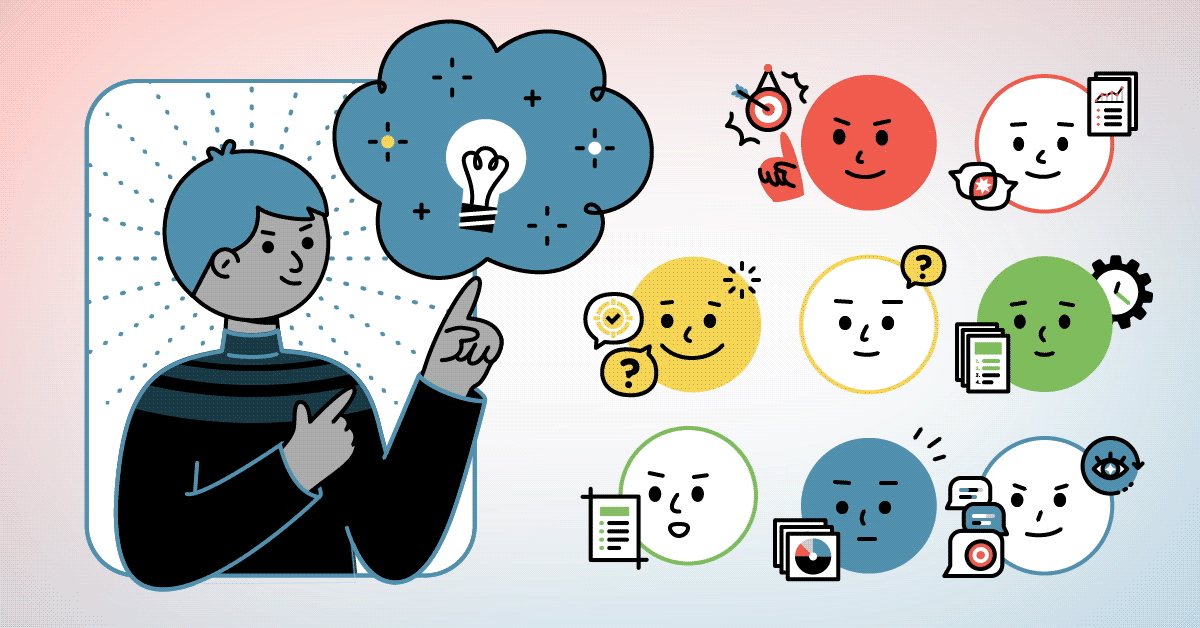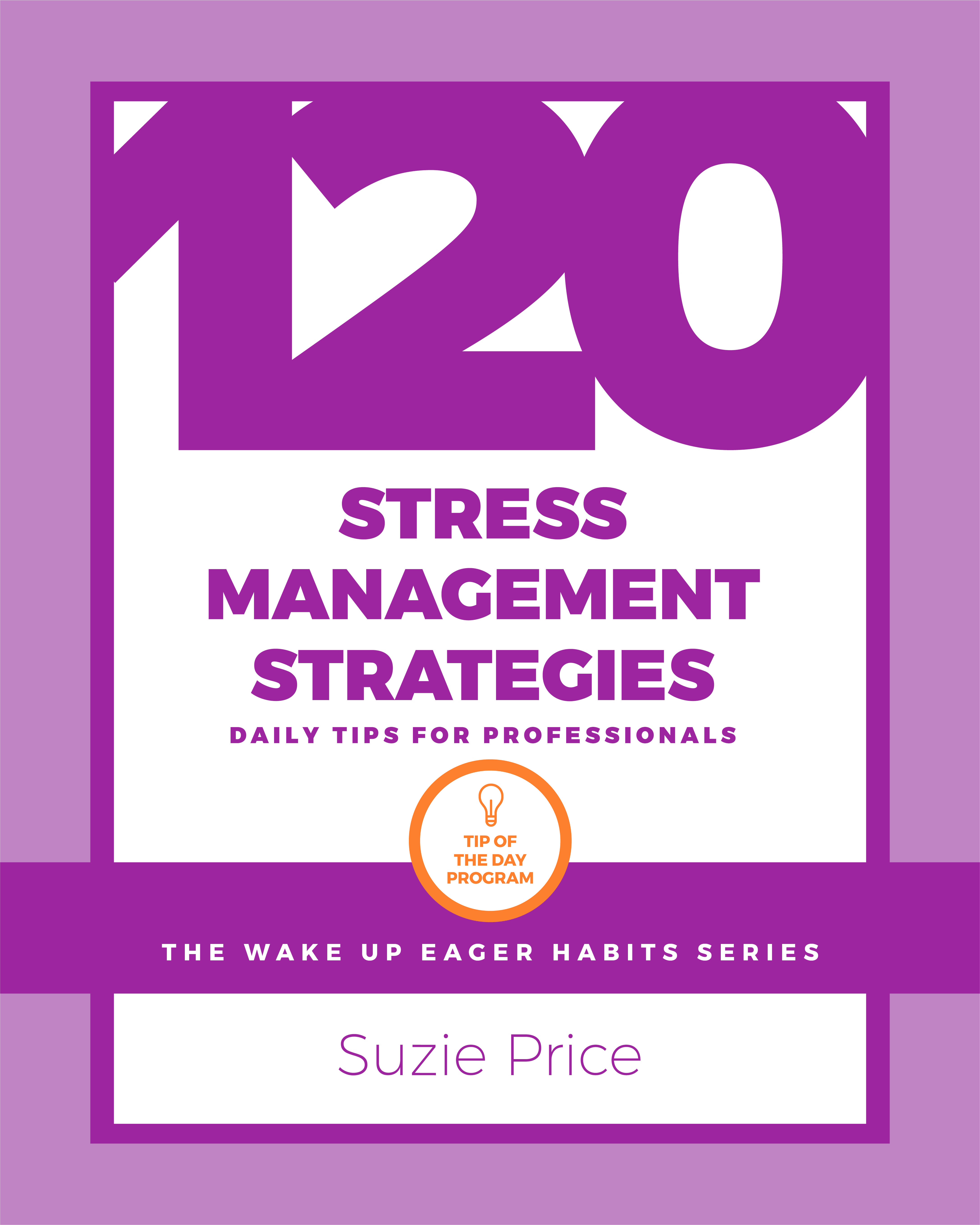The Know How You Need & the Tools to Get You There... Get Certified >

How Low C’s DISC Styles Can Connect, Sell and Influence Others

Whether you’re in a sales position or something far from it in your workplace, knowing sales skills will only help you in the professional world. You’re going to end up selling at some point, whether that’s in an interview, asking for a promotion, or getting buy-in for a new project.
We’re reviewing each DISC type and how they can best interact and “sell” to the other behavioral types. Let’s look at our last behavioral type, Pioneering communicators! They are on the low side of Compliance.
DISC Selling Skills for Direct Communicators (High D)
DISC Selling Skills for Reflective Communicators (Low D)
DISC Selling Skills for Outgoing Communicators (High I)
DISC Selling Skills for Reserved Communicators (Low I)
DISC Selling Skills for Steady Communicators (High S)
DISC Selling Skills for Dynamic Communicators (Low S)
DISC Selling Skills for Precise Communicators (High C)
The Pioneering Communicator In-Depth
Pioneering communicators are independent, unconventional, and outspoken. They like finding the best outcome with the best possible means, no matter how random or experimental. They prefer an uninhibited work environment and work best under leaders who trust in their ability to complete tasks their way.
The Pioneering salesperson is confident and clear. They focus on the big picture and sell a vision more than a product. They aren’t inclined to lead with data, so their buyers might have to ask for additional information. They also might appear disorganized to more detailed buyers.

How Pioneering Communicators Can Sell to Every Behavioral Type
Pioneering Communicators Selling to Direct Communicators (High D)
The Direct communicator is looking for results.
Direct communicators are ambitious, forceful, decisive, strong-willed, independent, and goal-oriented. Both Direct people and Pioneering people are confident and candid, but high Ds prefer to get to the point as quickly and concisely as possible. This might throw off a Pioneering salesperson, so be prepared to move at a faster pace to keep them engaged.
Make sure not to challenge the Direct buyer in this interaction; while you are open to discussion and being challenged in the pursuit of the best outcome, a Direct person will likely view this as a criticism of them personally. Letting them have the last word and feel in control of the sale will lead to the most favorable outcome.
Pioneering Communicators Selling to Reflective Communicators (Low D)
The Reflective communicator is looking for an agreement.
Reflective communicators are cooperative, low-key, modest, and mild. They tend to engage people by being agreeable and thoughtful. You probably won’t have a hard time getting along with a Reflective communicator, but there’s a real risk of overwhelming them with your uninhibited approach.
This sale will likely require multiple conversations— lean into it! Prepare data and facts ahead of time and leave them behind for the low D to review on their own time. Enjoy making a friendly connection and be sure to ask if they have any questions. Once you draw them out, you might be surprised at their opinions and preferences.
Pioneering Communicators Selling to Outgoing Communicators (High I)
The Outgoing communicator is looking for the experience.
Outgoing communicators are people-oriented, optimistic, and enthusiastic. They are incredibly effective at communicating their points of view and can persuade others to see new perspectives. This is a solid match for Pioneering people; your interest in other points of view will engage a high I and start a solid dialogue with them.
You might have a hard time staying on task; these two behavioral types have a lot of overlap, so make sure to keep your end goal in mind and guide the conversation. When explaining results, make sure to focus on people most of all. Outgoing buyers want to know how your product will affect them and others—- ask for their questions and answer thoughtfully to reassure them!
Pioneering Communicators Selling to Reserved Communicators (Low I)
The Reserved communicator is looking for mutual benefit.
Reserved communicators are restrained, controlled, and reflective. You are going to have to adapt heavily in this situation because Reserved people prefer to be socially discreet and can struggle to engage with styles very different from their behavioral style. Low Is tend to be skeptical of others until they prove themselves; view this sale as an opportunity to embrace their questions and criticisms! Doing so will make your arguments and sales process stronger if addressed.
Pioneering salespeople should focus heavily on doing their research ahead of time to answer any questions that might arise. Reserved people might not take you seriously due to a perceived lack of organization. Do your prep work!
Pioneering Communicators Selling to Steady Communicators (High S)
The Steady communicator is looking for security.
Steady communicators prefer a slow pace, defined responsibilities, and clearly outlined expectations. They are considerate, compassionate, and accepting of others, but might seem indifferent or hesitant on the surface.
This might be a difficult match-up for Pioneering salespeople; Steady people want to follow a plan and move at their own pace, while you are comfortable throwing out a plan entirely if a better option presents itself.
The way you can connect is by focusing on people. High Ss prefer positive contributions, teamwork, and friendly work environments. Focus on the big picture with them and emphasize exactly how your product will help the people in their organization. Don’t pressure them into a fast decision and make sure to give them lots of information to review on their own time.

Pioneering Communicators Selling to Dynamic Communicators (Low S)
The Dynamic communicator is looking for new ideas.
Dynamic people are open, confident, and fast-paced. They are energetic and outgoing but can come across as impatient or agitated. They will match your energy and are ready to jump from ideas to project to task without slowing down.
One issue to look out for is their attention span. Dynamic people aren’t very patient and they might not be able to follow your thought process as you explain the product. Try to simplify your explanations as much as possible and encourage questions from your low S buyer in this sale.
Pioneering Communicators Selling to Precise Communicators (High C)
The Precise communicator is looking for information.
Precise people are dependent, neat, careful, and compliant. They want to get the job done right and thrive on establishing routines and processes to follow in the workplace. They prefer data-based decisions and logical information over emotional information.
This is going to be a challenge since you are both on opposite sides of Compliance, but don’t lose hope! You can win over a Precise buyer with the right preparation. Make sure to focus on facts and figures. If you can bring copies of the necessary data, do so and leave those behind for the high C’s review. Don’t get carried away in pursuit of explaining the vision; emotional storytelling will turn a Precise communicator off of the sale.
Pioneering Communicators Selling to Pioneering Communicators (Low C)
The Pioneering communicator is looking for a vision.
This sales interaction can go either way, depending on your decisions. Your fellow low C is looking for a perspective to believe in; they want you to sell them a dream! The only downside is that they might not buy into your big picture if it doesn’t align with what they’re focusing on.
The key to a successful sale and interaction will be asking them upfront what they’re focused on. If you get their innovative goal in mind, you can tailor your sales pitch to align with their needs. This sounds like basic advice but can be tricky in execution; you need to be prepared to pivot at a moment’s notice to keep their attention. You will also be responsible for keeping this interaction on track; steer it carefully and subtly, letting your Pioneering buyer lead the way.
Make the Sale the Pioneering Way!
Pioneering communicators can find success in a sales role by harnessing their confident, innovative point of view and helping others discover a vision of possibility. Keep yourself focused and adapt to more detailed behavioral types to connect in every sale.
Are you interested in harnessing the power of DISC? If you’re ready to start using DISC today, Priceless Professional can help!
Do you want to take a DISC assessment or start using assessments for your team? Let us know here.
LET'S TALK:
Contact us to schedule a Complimentary Consulting Call
or to ask questions about any of our Hiring,
Coaching, Training and Assessment services.




